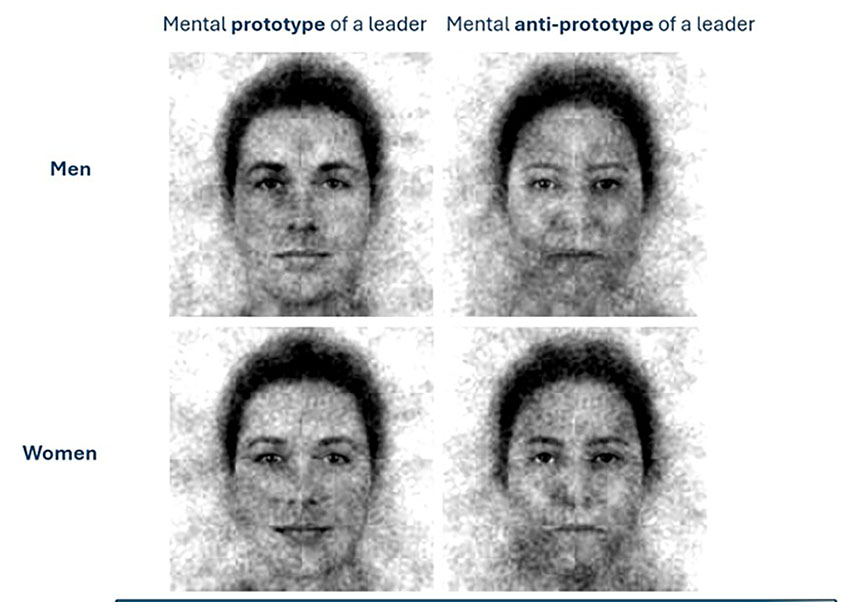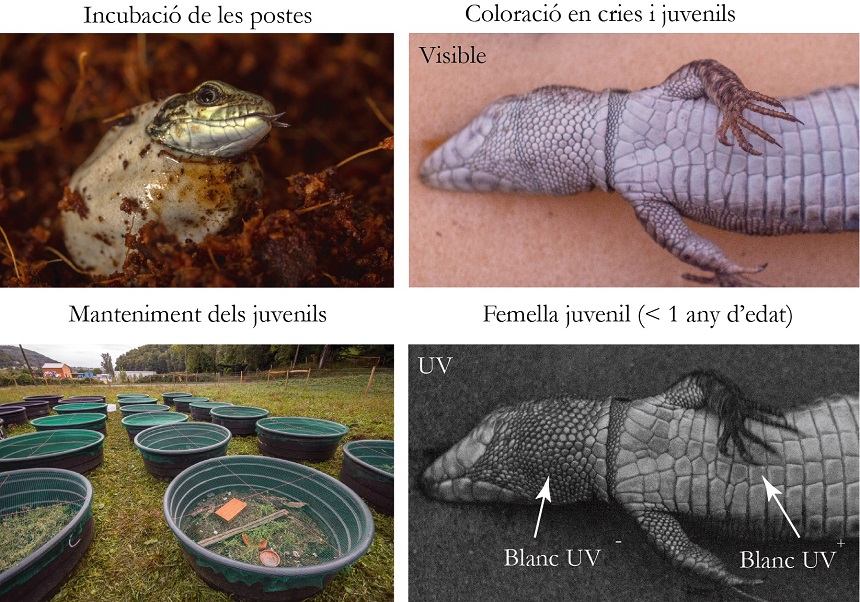Psychological harassment of teachers at work increases their consumption of alcohol, tobacco and medication
- Scientific Culture and Innovation Unit
- May 30th, 2024

A study by the University of Valencia (UV) has shown that psychological harassment at work increases the consumption of alcohol and tobacco, the use of medication due to psychological or psychosomatic health issues and the need to seek specialist support to overcome work-related personal crises. The study, involving nearly 10,000 primary and secondary school teachers in the Valencian Community, has been published in the Journal of Work and Organizational Psychology.
Psychological harassment at work is a serious psychosocial risk that involves exposure to intense psychological violence directed at one or more individuals, such as offending or excluding people from work life, humiliating them, deliberately spreading false information, making insulting remarks, engaging in intimidating behaviour or taking actions that negatively affect their work. These behaviours are intended to create a hostile or humiliating environment that disrupts the victims’ work life and entails a risk to their health.
Researchers from the Psychosocial Research Unit on Organisational Behaviour (UNIPSICO), the Department of Behavioural Science Methodology and the Department of Developmental and Educational Psychology of the UV have conducted this study collaboratively.
Begoña Espejo, lecturer in the Department of Behavioural Science Methodology, and Irene Checa, lecturer in the Department of Developmental and Educational Psychology, explain that repeated exposure (at least once a week) to psychological harassment over a prolonged period of six months or more increases the need for specialist support to overcome work-related personal crises.
In addition, they conclude that individuals exposed to mobbing at work significantly increase their daily consumption of alcohol and tobacco. Thirdly, they conclude that, as a consequence of psychological or psychosomatic health problems resulting from mobbing, the frequency of medication use to alleviate these problems also increases.
Previous studies have concluded that psychological harassment in educational work environments has prevalence levels that exceed average rates and that teachers are frequently victims of mobbing. However, Pedro R. Gil-Monte, director of UNIPSICO and professor of social psychology at the UV, points out that in Spain, there are no large-sample studies investigating the consequences of psychological harassment on the health of non-university teaching staff.
This psychological violence at work also entails a social cost for the public health system, which is why Pedro Gil-LaOrden, a member of UNIPSICO, recommends conducting regular assessments of psychosocial risks at work in the education sector and developing and implementing protocols to prevent psychological violence at work.
Sample
The study was conducted with a sample of 9,350 non-university teachers in different levels of public education in the province of Valencia (70.67% of whom were women). Data on mobbing were assessed using the relevant scale from the UNIPSICO Battery.
Data collection for this study was carried out with the support of a non-profit collaboration agreement between the University of Valencia and the Valencian Institute for Occupational Safety and Health (INVASSAT, Generalitat Valenciana) (Ref: OTR2017-18246COLAB).
Article reference: Gil-Monte, P. R., Espejo, B., Checa, I., & Gil-LaOrden, P. (2024). Mobbing as a predictor of health risk behaviours and seeking specialist support in non-university teachers. Journal of Work and Organizational Psychology, 40(1), 41-49. https://doi.org/10.5093/jwop2024a4
















